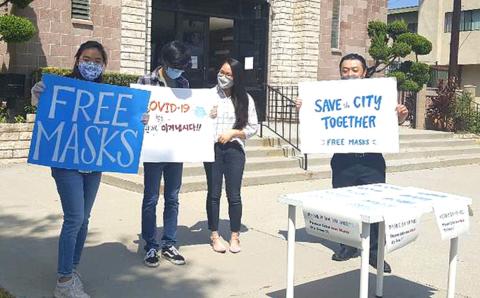“What did I do?”
“Why are you always punishing me?”
Parents and teachers lament two troubling trends among today’s youth: greater disregard for others and a weakened sense of remorse when confronted about wrongdoing. How should we discipline when these tendencies appear in our children?
‘Doing remorse’ with grace
Remember that showing regret is painful. When we’re sorry, we admit we were wrong. Worse, if the mistake was motivated by unkindness, we’re faced with the reality that our problem runs deeper than behavior; it resides within our hearts.
On the other hand, remorse is also a gift if the painful feeling leads us to do something. For example, regret should send us running to Jesus, where we grasp his atonement and move beyond our guilt. Grace-inspired remorse should also prompt us to apologize and make amends. Finally, we might think of regret as an elbow in the ribs to help us turn the other way when we’re tempted to repeat our mistakes.
How can mentors give the gift of regret to guilty young people? Let’s acknowledge that remorse cannot be forced; it’s a gift. Adults preoccupied with making children feel sorry activate defensiveness or shame. Defensiveness makes offenders sorry they were caught, but not always regretful about what they did. And shame might leave wrongdoers thinking they have fallen beyond redemption. Only God’s Spirit can assess true repentance and prompt inward change, the sort King David desired after his affair with Bathsheba: “Create in me a pure heart, O God, and renew a steadfast spirit within me” (Ps. 51:10). However, adults can participate in the Spirit’s work by leading children through doors that open their hearts to repentance.
Teaching regret by way of empathy
Healthy regret flows out of empathy. Children who empathize with others need less “help” to feel guilty, and their apologies are usually more sincere.
Bringing about empathy requires waiting for calmness. Brain research shows that distress activates the limbic system, which spurs us to fight back or run away (i.e., sassing or denying). Gentleness in an environment of felt safety mobilizes the prefrontal cortex, that brain area that identifies with others. Remaining calm also encourages honesty: children who trust their caregivers won’t pounce on them are more likely to admit their guilt.
Also, use the term “disrespect” sparingly. When others prod us, searching for the unloving attitudes inside, pulling away is not intentional; it’s a reflex. Lead young people to own guilt through the eyes of the offended rather than through talk of negative attitudes like disrespect.
Now, say you’re sorry
Not long ago, I grew irritated with a student who belittled a science demonstration I gave in my classroom. Even though he deserved to experience my anger and to pay for his dismissive attitude, I spoke with him instead, after his classmates had exited. I explained how he had diminished my work and caused others to miss the wonder of creation I was highlighting. Considering his nature, I didn’t expect an apology; I just wanted him to know how I felt. Surprisingly, he turned and said he was sorry.
Conversations about wrong don’t always lead to apologies, though. Should we then require children to show contrition? Perhaps. Consider these questions first:
- Can the person trust that you hold his or her best interests in mind?
- Do you set an example by acknowledging your own mistakes?
- Have you spoken calmly and listened well?
If yes, you might gently lead the youth through the steps. Teaching the actions of regret is befitting as long as we don’t fixate on making the child feel repentant. In short, parents and mentors “start children off on the way they should go,” but we leave the work of creating new hearts up to God (Prov. 22:6; Ps. 51:10).
About the Author
Al Bandstra teaches sixth grade at Sioux Center Christian School. He is the author of Beyond Control: Heart-Centered Classroom Climate and Discipline. He and his family attend Faith Christian Reformed Church in Sioux Center, Iowa.








